It’s golden: UC Berkeley’s Light the Way campaign raises $7.37 billion
The total exceeds the capital campaign's goal of $6 billion; 76% of the more than 1 million gifts were $1,000 or less.
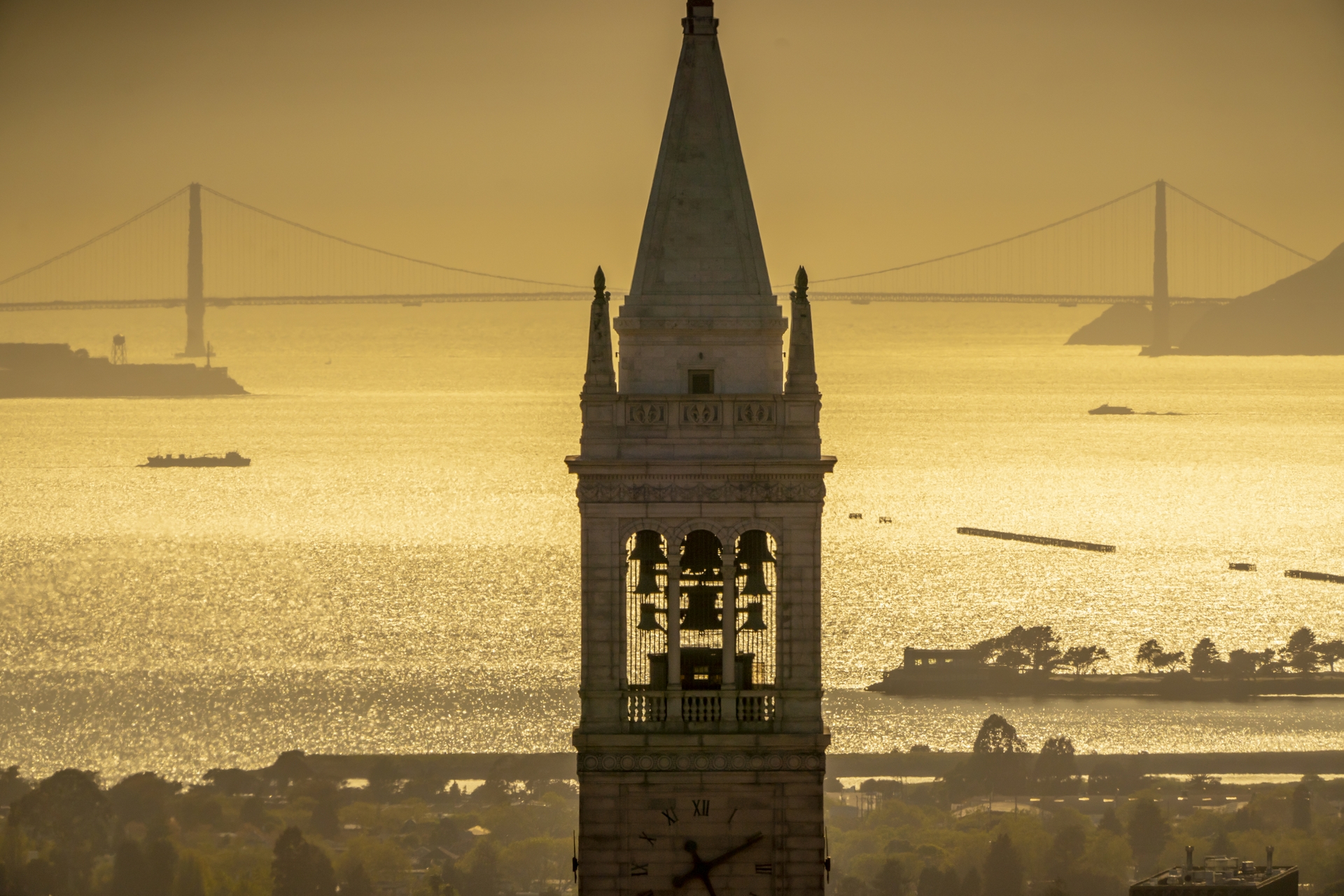
Adam Lau / Berkeley Engineering
March 6, 2024
One of the largest capital campaigns launched by any public or private U.S. university — UC Berkeley’s Light the Way: The Campaign for Berkeley — has come to an official and impressive end. Its ambitious $6 billion goal was vastly surpassed, with more than $7.37 billion raised — the largest total in history for any public university and for any university without a medical school.
More than 1 million gifts and pledges to Berkeley from over 225,000 donors will benefit the campus’s students, faculty, programs and facilities at a time when traditional funding sources are more restrictive and scarce, yet the number of applicants to Berkeley continues to climb.
This fundraising achievement also is remarkable in that it intersected with the COVID-19 pandemic — the campus shuttered in March 2020, two weeks after the campaign’s public launch — and amidst nationwide racial unrest, political upheaval and a faltering economy.
“Light the Way was successful because Berkeley is a nexus of innovation, inspiration and commitment to public service that is meaningful and impactful on campus, in California and around the world,” said Julie Hooper, vice chancellor for University Development and Alumni Relations.
“Our donors believe in the good that is Berkeley, and their historic support of this campaign is second to none,” she added. “We are deeply grateful for their partnership and investment.”
The goal of the campaign, which began in 2014 with a silent phase, was to secure Berkeley’s status as the world’s top public research and teaching university.
A capstone gift honors the chancellor
One notable gift is from Berkeley alumna, faculty member and philanthropist Nadine Tang. It funds a critical upgrade to the lower three floors of Moffitt Library, one of the campus’s busiest libraries and a popular undergraduate hub. Built in 1970, the library averages more than 1 million visits annually. Its top two floors reopened in 2016 after renovation.
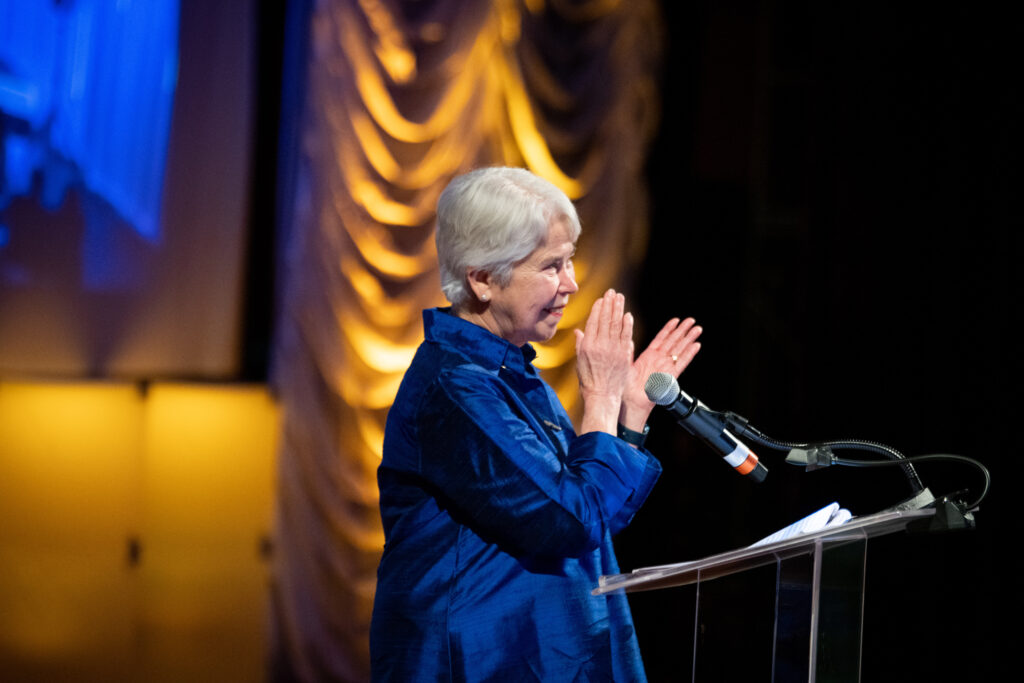
Keegan Houser / UC Berkeley
Chancellor Carol Christ, who retires on July 1, is the gift’s honoree. The space will now be called the Carol T. Christ Center for Connected Learning at Moffitt Library, a hub for learning and research that will fulfill students’ diverse and changing library needs.
The first floor will offer space to study and reflect; the second, a maker studio and other spaces for collaboration; and the third, an exhibit space, an expanded Free Speech Movement Café and a large lounge.A revamped portal from the third floor will lead to the Gardner stack, which includes books written by Christ, a Victorian literature expert.
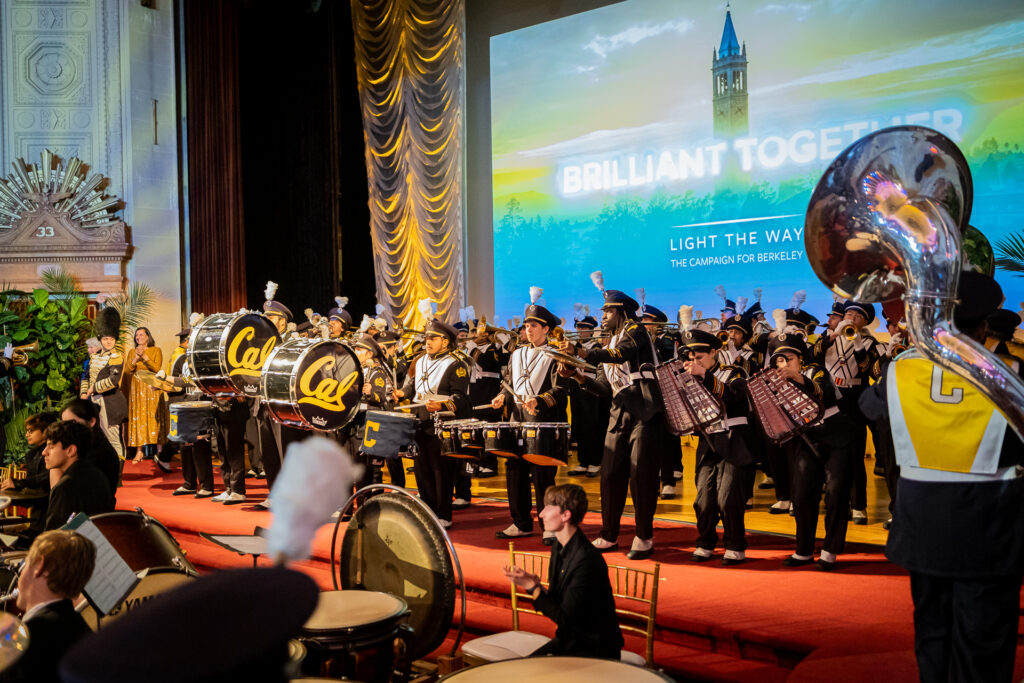
Lara Larsen / UC Berkeley
Reflecting on her legacy at Berkeley, Christ said the gift delights her, as it will support research and generative interaction among students.
“I can’t think of a more satisfying place to see my name featured than at the entrance to the Center for Connected Learning at Moffitt Library, which remains the thriving heart of the Berkeley undergraduate experience,” she said.
Campaign dollars with widespread benefit
While the number of undergraduates at Berkeley increased by 7,500 between 2006 and 2019, the total number of full-time faculty members remained around 1,500. The campaign raised just over $490 million in faculty support that will provide 42 new full-time, tenure-track faculty positions, and funds for awards, recruitment and retention, the hosting of visiting researchers and scholars, salary support, and to supplement the needs of department chairs.
Other funding highlights include:
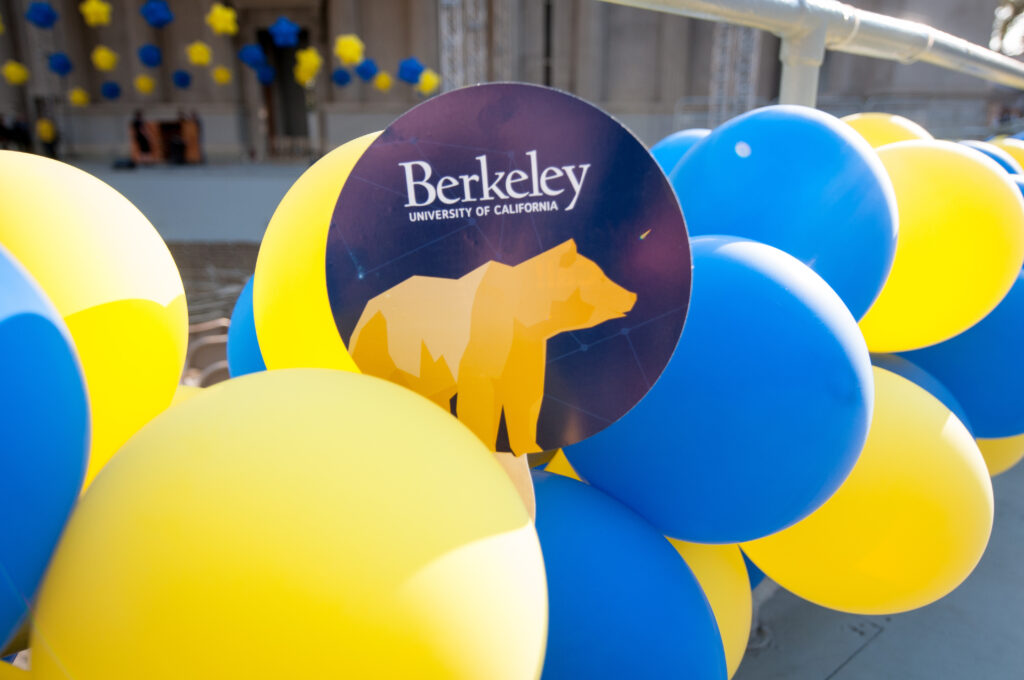
Keegan Houser / UC Berke
- $390 million in graduate student support. This amount funds 59 endowed doctoral fellowships, graduate student loans and needs- and merit-based financial aid, graduate research stipends and graduate travel awards.
- $1.82 billion, or a quarter of all campaign funds raised, for research endeavors in academic areas including the future of human health, data science and artificial intelligence; democracy and equality; and energy, climate and environment.
- $28 million for more than 60 COVID-19-related research projects in areas such as diagnostic testing, long COVID’s effects, vaccine efficacy, and understanding the disease in asymptomatic individuals.
- More than $719 million for undergraduates that includes funds for athletic and academic scholarships, the Basic Needs Center, the Student Emergency Fund, the Berkeley Discovery and Berkeley Connect programs, research opportunities, and awards for experiential learning and professional development opportunities. The goal of $400 million for undergraduate scholarships was exceeded, with a total of $562 million — $505.7 million for academic scholarships and $56.3 million for athletic scholarships.
- Nearly $1.5 billion for capital projects and campus improvements that include Anchor House, the Athletics Gender Equity Campaign, the BioEngenuity Hub, Bechtel Student Center, the Center for Connected Learning, Chou Hall, Heathcock Hall, Intersection Apartments, Jacobs Hall, Legends Aquatics Center and the Gateway.
Two naming gifts, and the gift that pushed the campaign past $6 billion
Among the gifts given to improve campus facilities, two involved a renaming — one of a college, the other of a school.
The Rausser College of Natural Resources was renamed with a gift of $50 million, the school’s largest gift ever, from its former dean, Gordon Rausser, the Robert Gordon Sproul Distinguished Professor Emeritus of Agricultural and Resource Economics. The gift will support the school’s land-grant mission to take on key challenges facing the state and nation, including mitigating and adapting to climate change, accelerating the clean energy transition and improving food insecurity nutrition for all.
The same amount, $50 million, renamed the optometry school as the Herbert Wertheim School of Optometry and Vision Science and laid the groundwork for a new era of research and patient care. This was the largest gift received by any optometry school in the nation.
The gift that pushed the campaign over the $6 billion mark was $1 million from an anonymous donor to enhance the Robert T. Matsui Center for Politics and Public Service, the state’s leading academic center for training the next generation of civic and political leaders. Specifically, it funds the new Matsui Washington D.C. Scholars Program, which partners with Cal in the Capital to give Berkeley students a summer public service internship in the federal district.
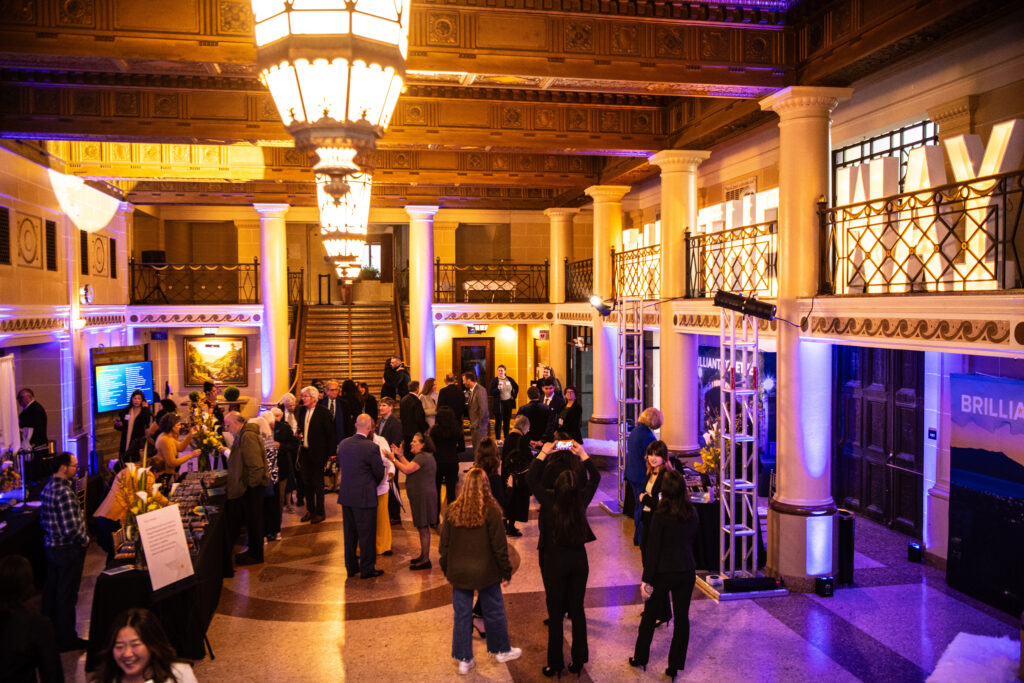
Keegan Houser / UC Berkeley
What mattered: Gifts of all sizes from around the globe
Of the total campaign gifts and pledges, more than 94% of the $7.37 billion total raised came from 5,185 people, or 2% of all donors. They provided at least $100,000 each over the course of the campaign.
Ten gifts were committed at the $50 million-plus level, a notable jump from any previous campaign at Berkeley.
And a remarkable 76% of donors gave less than $1,000.
“While significant gifts are reflected in the newly-named facilities and endowed programs,” said Hooper, “the impact of many smaller scale commitments should not be underestimated.”
Of Berkeley’s constituents worldwide, 20% currently reside outside the U.S. Six percent of the campaign total was a result of their giving; donors from Asia led the way in generosity.
With Light the Way now complete — the campaign close was feted at a Feb. 29 event — Berkeley continues on to fundraise for vital student, faculty, research and campus initiatives. On Thursday, March 14, it will hold Big Give, an annual event that this year marks its 10th anniversary, to support an array of causes across campus.